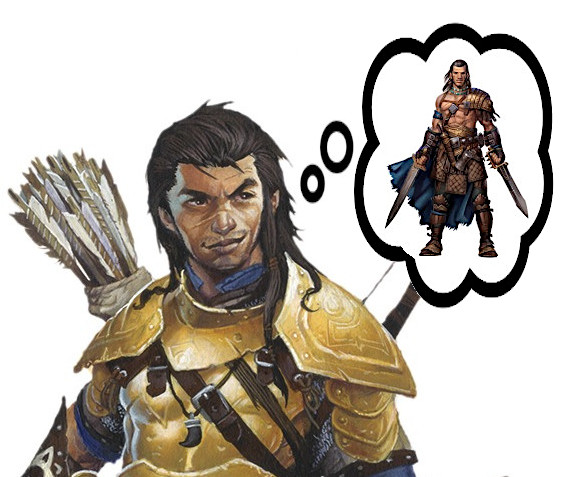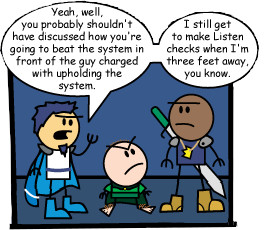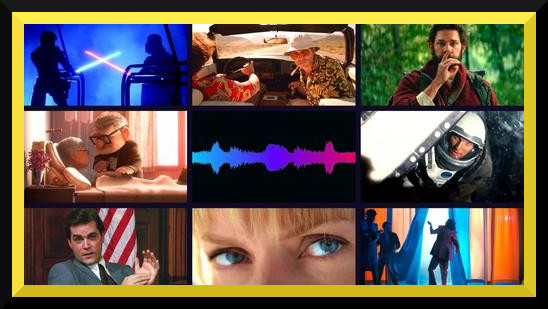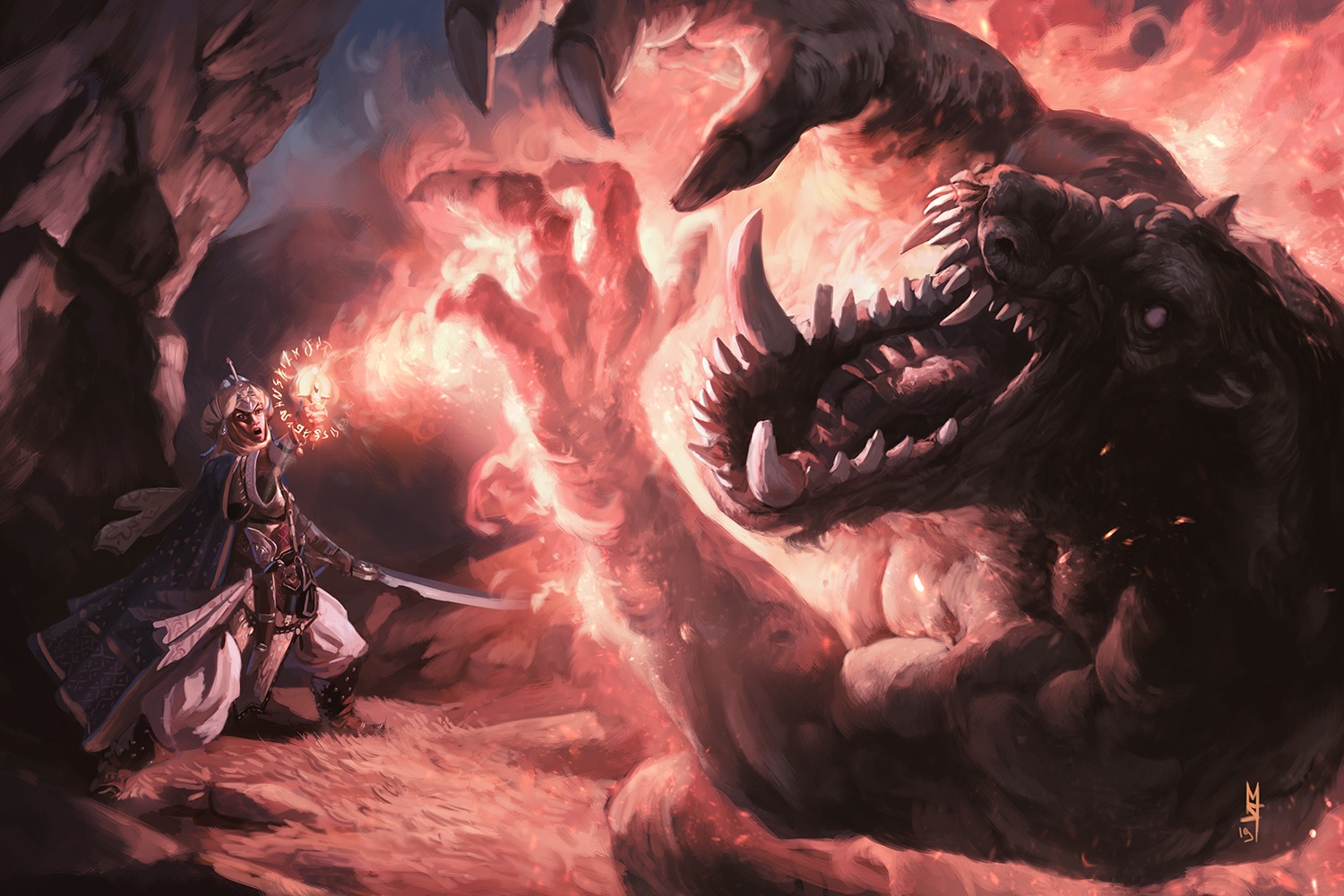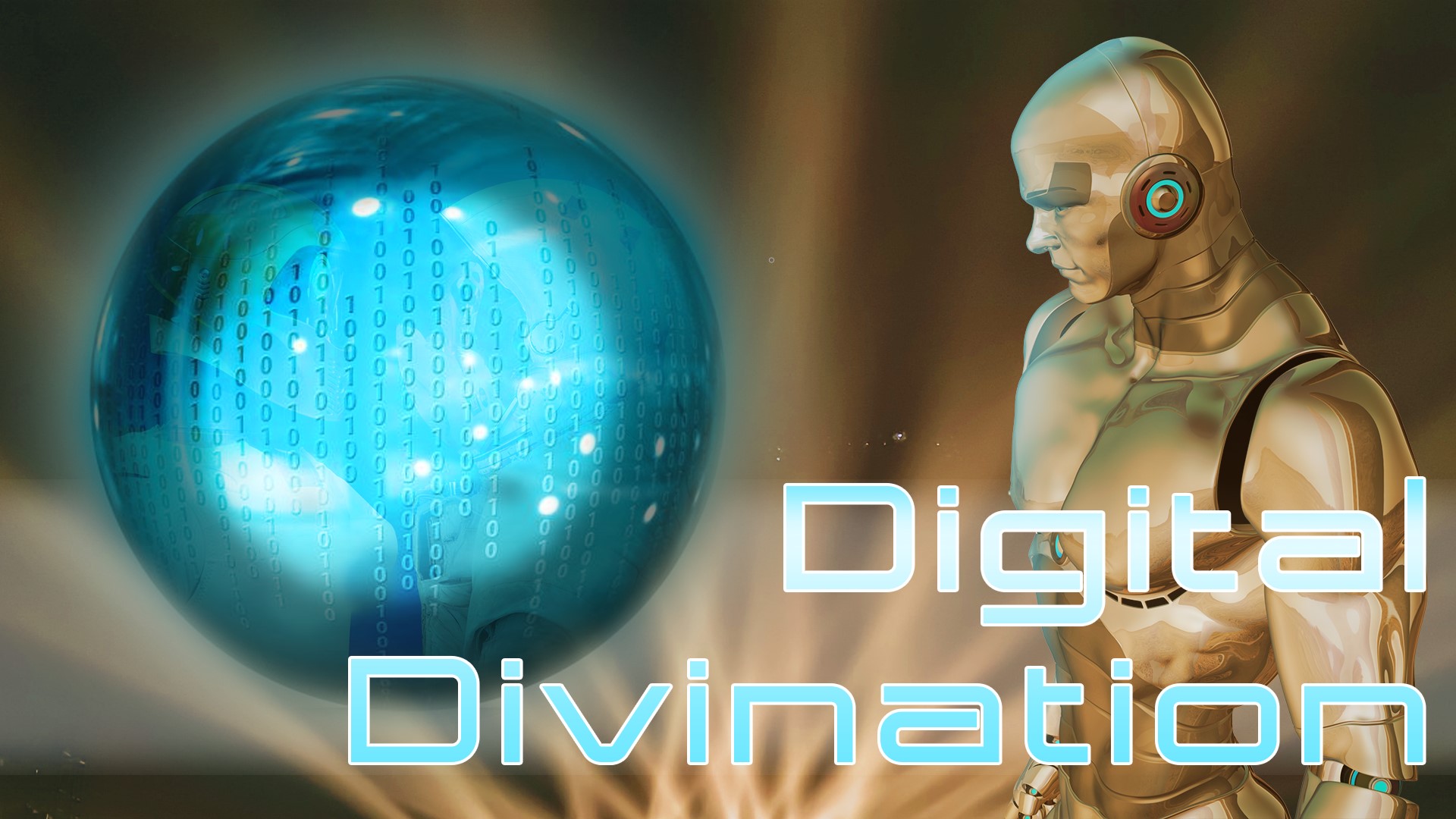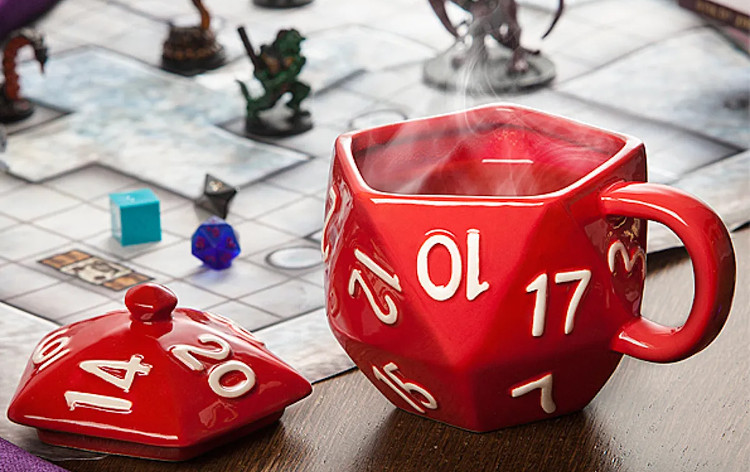The players in my longest running group never had a problem expressing their characters’ every thought, often at the expense of the immersion of the moment.
I hated it.
Vin Diesel to the rescue! In his introduction to 30 Years of Adventure: A Celebration of Dungeons & Dragons, Vin Diesel talks about how his first GM had the players raise their hands to speak out of character. Excitedly, I explained Vin Diesel’s system to my players, figuring it solved my problem without stopping them from making their jokes.
They hated it.
For whatever reason, my players loved making jokes at the expense of my NPCs in front of my NPCs. And since I’ve long believed that a Game Master primary serves as fun facilitator at the table, I learned to tolerate it. More recently, I came across an unrelated video essay that helped me better understand how to accept this behaviour.
Why It Bothered Me
I value immersion in my games higher than anything other than player agency. Jokes at the expense of what’s happening told in a voice that implies it’s in character, but without expecting consequences for what was said, runs counter to that value. Truly, when Hinjo from Order of the Stick said “you probably shouldn’t have discussed how you’re going to beat the system in front of the guy charged with upholding the system” during The Trial of Belkar Bitterleaf (Abridged), he spoke directly to my soul as a GM.
On top of the illogic of players communicating with intent that PCs understand but NPCs need to ignore, it threw off my rhythm. GMing takes juggling. PC dialog is another ball in the air. Jokes at the table hold my attention for a second without affecting my focus, but joke dialogue is like throwing me a tiny ball. “It’s smaller than the others, what’s the bother,” you might say. But it being smaller than the ones I should focus on throws off my rhythm. It makes my job harder, but it feels too substantial to ignore. So it becomes a tiny burden.
But maybe this kind of dialog isn’t a ball at all.
Diegetic vs Non-Diegetic Sound
I recently watched StudioBinder’s Ultimate Guide to Diegetic vs Non-Diegetic Sound video essay. Now, StudioBinder is trying to sell you their film production workflow software, but they also produce amazing filmmaking analysis videos.
Diegetic means “occurring within the context of the story and able to be heard by the characters.” Non-diegetic means not that.
More broadly, characters in the movie can hear diegetic sound. It’s the dialog spoken in scene, the sound effects within the world. The characters can’t hear the non-diegetic sounds. The score. Voice-over. Dramatic chords. These sounds are there for us, the audience.
Don’t forget, we may be running the show, but we are also in the audience for our games, my fellow GMs. We collaborate with our players to create the experience at the table. We may sit down with more ideas for how the session could play out, but no one at the table knows what will transpire until we call it a night. In that regard, the PCs and NPCs care about the diegetic sounds, and we and our players benefit from the non-diegetic sounds.
And there are a lot of them. The majority of sound at the game table is non-diegetic. It’s basically the ratio of read-aloud text to other text in a published adventure. Most of what we say at the table is describing the scene, discussing rules, and revealing die results. Cross talk and Syrinscape also count.
Almost-in-character jokes fall into the same grey area as fantasy sequence dialog. Sometimes, scenes playing out on screen actually only happen in a character’s head. They illustrate the thoughts of the characters before snapping back to the reality of the world. When a character in a tyrant’s court makes a joke that should lead to a beheading, it’s the player illustrating their character’s power fantasy. Often, these scenes play out like any other scene in the film until they’re done.
Looked at another way, it’s like the players collectively share Ron Howard’s Arrested Development narrator. They comment on the campaign, without the commentary affecting it. Ron Howard’s best lines came at the expense of the Arrested Development characters, but did they make it harder to enjoy the plots?
NARRATOR: They did not.
By categorizing some dialog as non-diegetic, we remember that what is said at the table is all intended to amuse everyone sitting together. As long as everyone understands -us in particular, my fellow GMs- that this dialogue is non-canonical and self-indulgent, the campaign can maintain it’s integrity, and players can have their fun. Hands down.
Every two weeks, Ryan Costello uses his experience as a Game Master, infused with popular culture references, to share his thoughts on best GMing practices to help his fellow GMs. Often deconstructing conventional wisdom and oft repeated GMing advice, he reminds his fellow GMs that different players play the game in different ways, and for different reasons.

